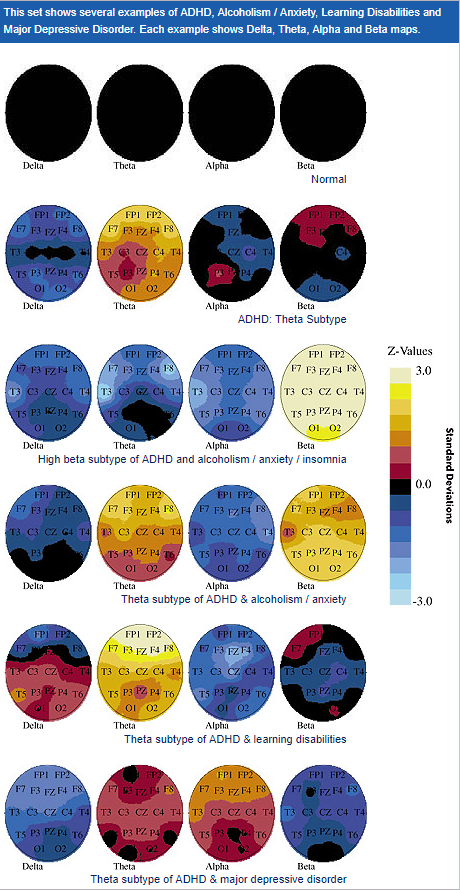Investigating The Way Slumber Disorders Interfere with Brainwave Function as well as Affect Mental Performance
Investigating The Way Slumber Disorders Interfere with Brainwave Function as well as Affect Mental Performance
Blog Article
Slumber is an essential part of our daily lives, allowing our physical selves and mental faculties to repose and rejuvenate. However, many individuals suffer from slumber disorders, which can significantly disrupt slumber patterns. These disorders can result to various issues, including changes in brainwave activity. Neural waves are electrical signals in the mind that reflect our mental state and function. When slumber is disturbed, the typical patterns of brainwaves can be affected, resulting to problems with mental function, such as recall, attention, and decision-making.
There are various types of slumber disorders, including sleeplessness, sleep apnea, and unsettled leg syndrome. Insomnia is defined by trouble falling or staying asleep, while sleep apnea involves interruptions in respiration during sleep. Unsettled leg syndrome causes discomforting feelings in the limbs, leading to an compelling urge to move them. Each of these disorders can disturb the natural sleep cycle, which comprises of different stages, including light sleep, profound sleep, and REM (rapid eye movement) slumber. Each stage holds a crucial role in maintaining overall cognitive health and function.
When sleep disorders disturb with these stages, brainwave activity can become irregular. For example, during deep sleep, the mind generates slow delta waves, which are essential for physical restoration and memory consolidation. If a person undergoes frequent awakenings or does not reach deep sleep, the generation of these delta waves is reduced. This can result to difficulties in acquiring new knowledge and retaining memories. Additionally, REM sleep, which is associated with fantasizing and emotional processing, is also impacted. Interruptions in REM sleep can result to issues with emotional regulation and inventiveness.
The effect of sleep disorders on mental function is significant. Research has shown that individuals with slumber disorders often experience challenges with focus and focus. This can affect their capability at educational institutions or work, making it difficult to complete tasks or participate in discussions. Furthermore, long-term sleep deprivation can lead to emotional changes, heightened stress, and even nervousness or depression. These cognitive and affective challenges can create a vicious cycle, where poor sleep leads to mental difficulties, which in turn can result to more slumber problems.
Addressing slumber disorders is crucial for improving neural wave activity and mental function. Therapeutic options may include lifestyle changes, such as creating a consistent sleep schedule, creating a comfortable slumber environment, and practicing relaxation techniques. In some cases, clinical intervention may be necessary, such as employing a CPAP machine for sleep apnea or pharmaceuticals for sleeplessness. By prioritizing slumber and seeking appropriate treatment, people can improve their overall cognitive abilities and improve their quality of life. Understanding the relationship why not try this out between slumber disorders, brainwave activity, and mental function is an essential step toward improved health and well-being.